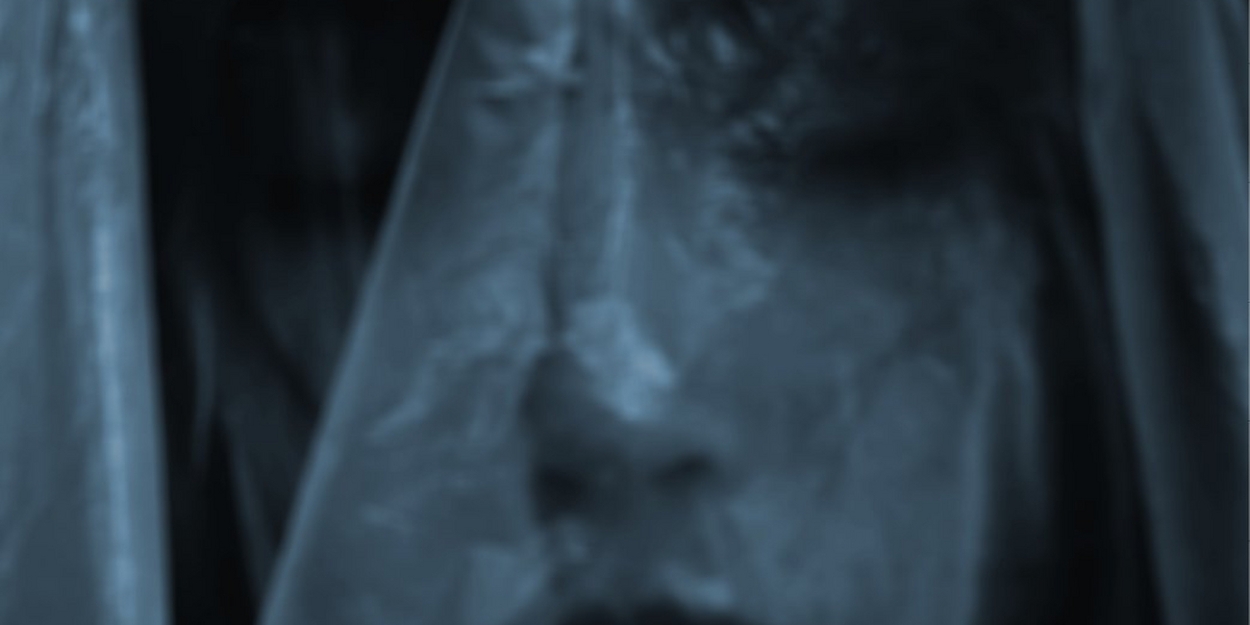BEATRIX CENCI Comes to Teatr Wielki in May 2024
The performance will take place on 11 May.

In the 2021/2022 season, Barbara Radziwiłł took command of the stage of the Polish National Opera by virtue of the concert performance of Henryk Jarecki’s opera about that Polish queen. This season, the opera will welcome another iconic historical figure, Beatrix Cenci. While Barbara was portrayed as the embodiment of innocence that falls victim to a crime, Beatrix is her opposite: a virtuous protagonist forced to commit a heinous act.
Ludomir Różycki’s operas are not commonly staged nowadays. The Polish National Opera’s 2017 production of Eros and Psyche directed by Barbara Wysocka was one glorious exception. The composer had begun contemplating Beatrix Cenci already in 1916–1917 when writing Eros and Psyche, yet it did not see the light of day until much later and was preceded by a comic opera titled Casanova. Beatrix Cenci explores completely different quarters, centring on cruelty and disaster. The score was written between 1925 and 1926. The world premiere took place at the Teatr Wielki in Warsaw in 1927.
Just like Barbara Radziwiłł, Beatrix Cenci has been heavily mythologised over time. What reportedly prompted Różycki to write the opera was a portrait of the lady attributed by Guido Reni which the composer had seen during a visit to Italy. The libretto was written by Stafania Różycka, the composer’s wife, who adapted Juliusz Słowacki’s play under the same title, drew some inspiration from Percy Bysshe Shelley’s tragedy The Cenci (e.g. the motif of incest), and some original ideas.
The story is for adult ears only. You should have strong nerves, too. Having survived a rape attempt, Beatrix kills her father subsequently becoming a hostage of Father Negri, who witnessed her crime. The priest is secretly in love with her but the woman rejects his advances. Her mind is engrossed with a young man she recently saw, the priest’s painter brother, Giani. After Negri denounces the girl, she seeks refuge under the roof of Friar Anselm, where, as it turns out, Giani lives as well. The young people confess their love for each other, yet their happiness is short-lived. An inquisitor enters the garden with a warrant for Beatrix’s arrest. She is sentenced to death. Soon, her beloved joins her at the St Angel Prison. He, too, was given a death sentence for murdering his brother in an act of revenge. The opera ends with a double execution. Beatrix and Giani are separated. The woman’s head is covered with black cloth, the symbol of patricide.
Musically, Beatrix Cenci does not significantly differ from Różycki’s earlier operas, except for Casanova. The work bears some similarities with through-composed opera, although you can distinguish between the different numbers that are blended into the stream of music in the uninterrupted dramaturgy of images and scenes. In the interwar period, a few such fragments were published separately, including the prayer of Lucretia (Beatrix’s mother), Beatrix’s prison song, Negri’s aria, and Giani’s aria. The boldest gesture made by Różycki was relinquishing the overture: played fortissimo, the first bars draw us straight into the middle of the terrifying story.
Beatrix Cenci shares an affinity with Tosca. The analogies go beyond the location of the last act (St Angel Castle) and include a plot structure based on comparable relationships between the trio of protagonists that involve love, desire, and disgust. Following the opera’s premiere, the parallels with Puccini created grounds for criticism which should, nevertheless, be considered unfair. This concert performance puts the debate to rest, highlighting Różycki’s originality as a creator who tapped both into the style of verismo opera and the Wagnerian tradition.
Comments
Videos

